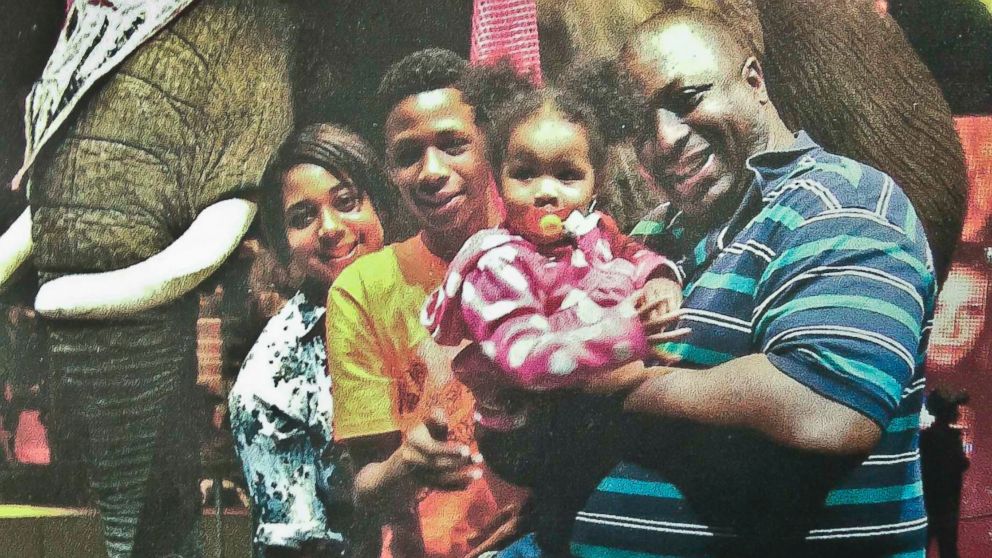FBI Probe Into Eric Garner Death 'Will Take Months'
Choke hold death is now the subject of two investigations.

— -- The FBI investigation into the choke hold death of Eric Garner is now in the most preliminary of stages, a law enforcement official briefed of the situation told ABC News.
There is no set timeline for how long the investigation will take, but the law enforcement official said "it will take months."
The federal investigation was launched after a Staten Island grand jury decided not to indict Police Officer Daniel Pantaleo on any criminal charges stemming from Garner's death on July 17.
The Staten Island district attorney's office has already begun handing over evidence to the FBI.
Federal investigators are limited in what information they can get from the NYPD, which has its own internal investigation. They can obtain limited information for limited purposes, but have to be specific in how they apply the information because police officers are required to cooperate with Internal Affairs and can't use Fifth Amendment protections to avoid self-incrimination.
The federal investigation and the NYPD internal investigation will run concurrently. When asked how long he estimated the the investigation could take, former Commissioner Ray Kelly told ABC News that he would expect the internal trial to take about six months.
The number of members of the FBI squad dedicated to the case remains unclear, but it is expected to be few agents conducting an intensive investigation.
The focus of the investigation will rest squarely on the police officers and whether their conduct amounted to a "hate crime" as it is very narrowly defined in federal law.
Investigators will also focus on whether the cops were guilty of using excessive force, which is perceived to be much easier to prove in general and is expected to be an easier case to argue given the cell phone video of the July 17 altercation.
Police officers are the only ones who are formal subjects of the investigation, but the Justice Department could also decide to investigate the conduct of the emergency medical technicians for possible inaction or providing substandard care, though those hypothetical charges would be civil and not criminal.




